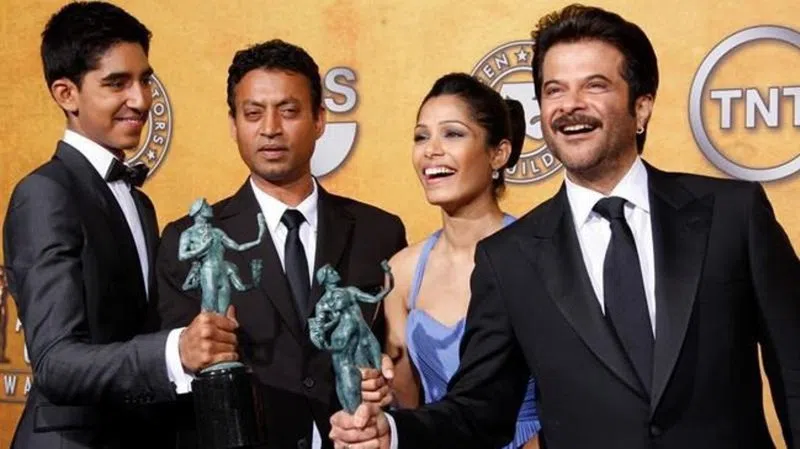
Bollywood mourns loss of two of its most versatile actors
GURUGRAM, India — Two of India’s most beloved movie stars, Irrfan Khan and Rishi Kapoor, died within a day of each other this week, and though they came from two very different worlds and two very different schools of acting, both leave behind a treasure of cinematic work and millions of grieving fans.
This double whammy for India’s Hindi-language film industry, known as Bollywood, comes amid a crippling coronavirus lockdown that has brought the entertainment business — along with so much else — to a complete halt.
“It seems we are in the midst of a nightmare,” popular actor Akshay Kumar tweeted.
In normal times, the funerals for two of Bollywood’s most-admired actors would mean tens of thousands of fans gathering to bid them goodbye. Instead, their ceremonies were held in the presence of a handful of family and friends, surrounded by police.


